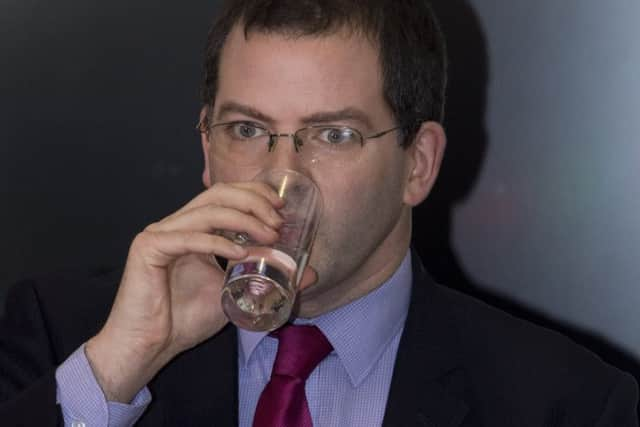Holyrood '˜should have central sexual harassment policy'


The central policy would apply to all those working on the Holyrood campus including elected members, who should also undergo “mandatory training” to prevent inappropriate behaviour.
Specific training would be provided for all those at Holyrood who manage staff – a category which includes MSPs from back benchers to Cabinet ministers.
Advertisement
Hide AdAdvertisement
Hide AdThe recommendations for a zero tolerance approach to unacceptable behaviour were made in a report produced by MSPs on the Scottish Parliament’s Standards Committee.


The report was compiled in the wake of the sexual harassment scandals to engulf Holyrood and Westminster.
Mark MacDonald, the former childcare minister, resigned from the SNP after an investigation by the party found that he had caused distress to women and had exploited his position of power. Mr MacDonald continues to sit at Holyrood as an independent.
The report suggested there should be detailed consideration of whether to establish an independent investigatory body with powers to sanction elected members.
It also said there should be consideration of an ultimate sanction for MSPs akin to dismissal for gross misconduct.
Some Scottish politicians have called for a system of recall for offending MSPs to be introduced similar to the one at Westminster, whereby an MP can become the subject of a recall petition.
Under the Westminster system, a successful petition triggers a by-election.
But the report expressed concern that adopting a similar mechanism at Holyrood would turn a sensitive issue into an electoral one, which could cause further trauma for the victim.
Advertisement
Hide AdAdvertisement
Hide AdThe report concluded that introducing a recall mechanism required “considerable further thought”.
Current Holyrood policies on sexual harassment were criticised for a lack of detail and it was noted that they were unavailable in a single document. MSPs and their staff were not bound by the parliament’s “Dignity at Work” policy.
The committee recommended the development of a “central, stand-alone sexual harassment policy which applies to all campus users regardless of employment status”.
It said MSP should debate introducing a system of suspension for MSPs while a complaint was investigated. But it argued it would be challenging to come uip with a system which did not leave constituents unrepresented or did not have the potential to sway elections.